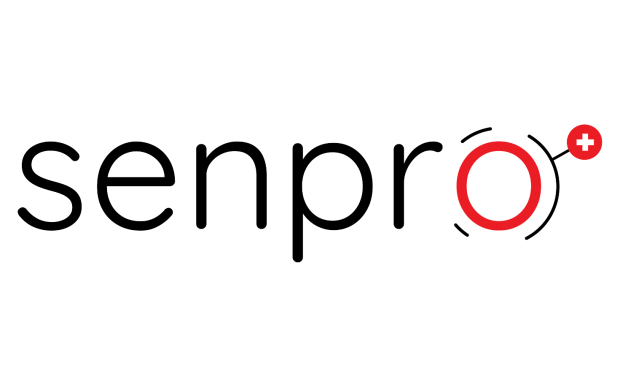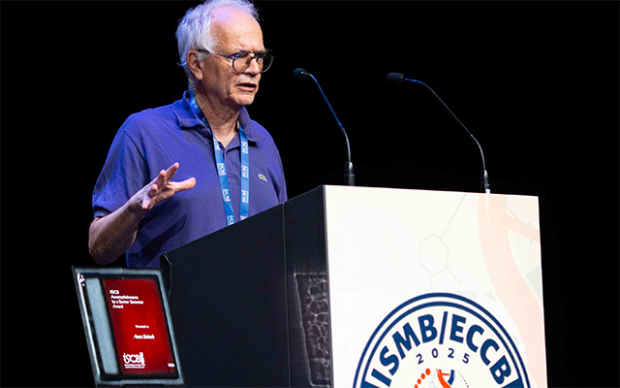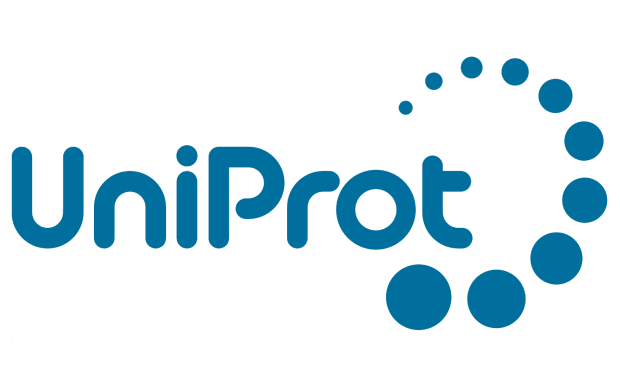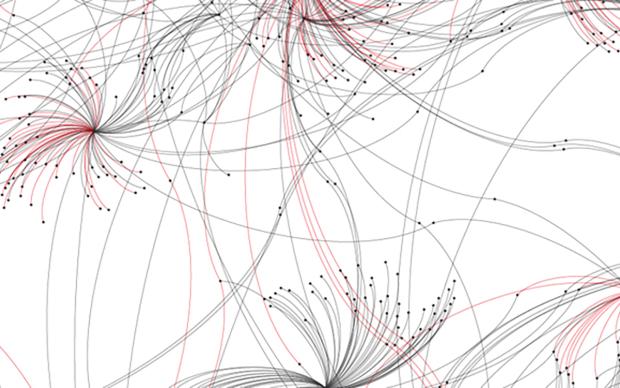Putting FAIR principles into action for multi-omics
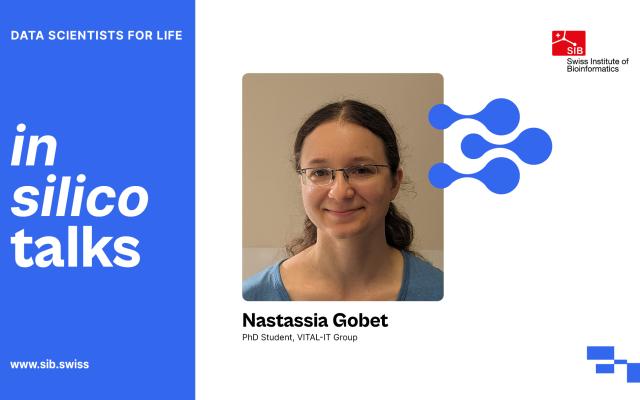
Enabling data sharing and reuse in line with the FAIR principles (see box) is becoming a prerequisite for many funding agencies, but this still represents a practical challenge for researchers. In this in silico talk, Nastassia Gobet of the University of Lausanne and SIB shares the strategy and tools adopted to maximize the value of complex, multi-omics data, generated in the context of a systems genetic research project on sleep regulation. The study she co-led with Maxime Jan (University of Lausanne) is published in a special collection of the journal Scientific Data on multi-omics data sharing, and supports the notion that making data more reproducible improves the quality of science.
About the in silico talks series – The latest in bioinformatics by SIB Scientists
The in silico talks online series aims to inform bioinformaticians, life scientists and clinicians about the latest advances led by SIB Scientists on a wide range of topics in bioinformatics methods, research and resources. Stay abreast of the latest developments, get exclusive insights into recent papers, and discover how these advances might help you in your work or research, by subscribing to the in silico talks mailing list.
FAIR principles: A theoretical checklist for data sharing
The FAIR principles are a set of guiding principles (Wilkinson et al. 2016) which aim to make data Findable (i.e. indexed and searchable using keywords, with an identifier such as a DOI), Accessible (i.e. retrieved either freely or with an authenticating procedure where applicable); Interoperable (i.e. in a format and language broadly used and follow standard vocabulary where existing) and Reusable (i.e. legal licensing clarifying who can use the data, whether or not it can be modified).
Challenges and opportunities in multi-omics sharing
By integrating omics datasets from the genome, proteome, transcriptome, epigenome, etc., multi-omics experiments aim to jointly capture and understand life processes, such as diseases or sleep.
As such, they represent both an opportunity, and a challenge for data sharing. An opportunity because they generate treasure troves of information that could then be incorporated into other studies and lead to new discoveries; and a challenge because of the sheer size of the datasets generated, the heterogeneity of experimental designs and data types, and of the scope of the sharing which involves not only the data itself, but analysis workflows, code, interpretation of results, and meta-data.
Strategy, tools and outcome for making multi-omics data FAIR
SIB’s Nastassia Gobet, PhD Student at and the Centre for Integrative Genomics at the University of Lausanne and affiliated to the SIB Vital-IT group, assessed the reproducibility of the bioinformatic pipeline developed as well as the robustness of the results obtained from a prior study led by her colleague Maxime Jan (University of Lausanne) while investigating how sleep is regulated in mice using multi-omics data.
In this in silico talk, she presents the overall opportunities and challenges of multi-omics data sharing, the strategy adopted to put the FAIR principles in action, the approaches used (e.g. interactive notebook interface, workflow definition) and the outcome of the reanalysis of the data.
Reference(s)
Jan M, Gobet N et al. A multi-omics digital research object for the genetics of sleep regulation. Scientific data 2019.

